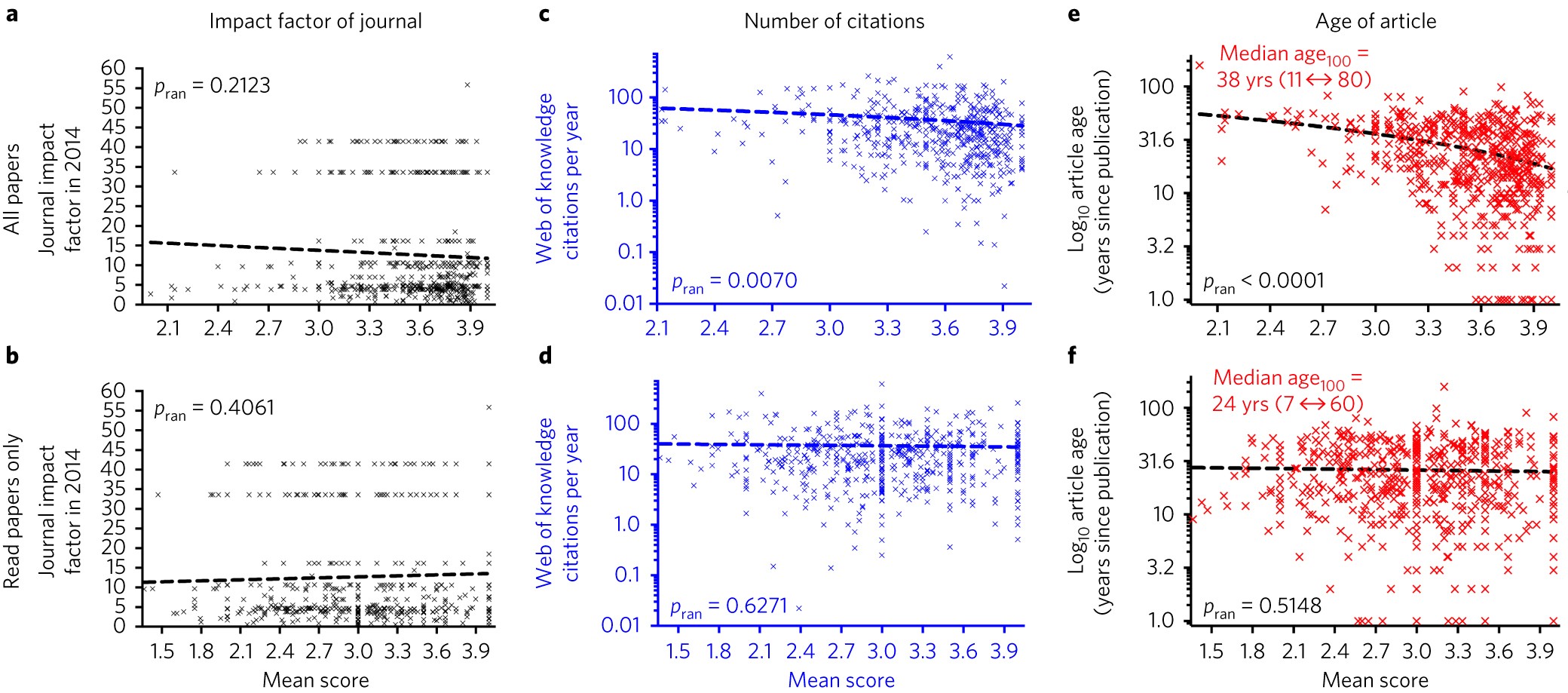The New Ecological Foundation
Law and Ecology: New Environmental Foundations contains a series of theoretical and applied perspectives on the connection between law and ecology, which. Mar 13, 2019 - With 'Ecological Foundations of Society' at Risk, Warns UN, Hope. Solutions like the Green New Deal are gaining traction in the United States,.
ABSTRACTThe terms “sustainable tourism,” “ecotourism,” “sustainable development,” and “sustainability” have all been applied to various aspects of the global tourism industry to indicate that operators in those industries have accounted for the environmental, social, and economic impacts of their endeavors on the geographical regions within which they function. However, there has been increasing criticism that models for sustainable tourism do not account well for the long-term impacts of resort operations and how they scale in terms of local and regional economies, environmental footprint, and effect on local culture. The case of the Puntacana Ecological Foundation is cited here as a successful example of how locally focused, adaptive, and integrated sustainability efforts may provide useful models for the scaling of durable sustainable tourism activities in other regions and globally. Key words: Caribbean; conservation; environmental studies; sustainable development; sustainable tourism INTRODUCTIONIn this treatise I describe Grupo Puntacana’s work in sustainable tourism through the Puntacana Ecological Foundation (FEPC) and its programs in the Punta Cana region of the Dominican Republic (DR). These programs provide an exemplar that both informs the field and provides transferable models for scalable, integrated sustainable tourism with global significance. Formalization of these models and development of systemic indicators based on them may be useful in advancing the field of sustainable tourism and could have implications for sustainable development writ broadly.INTEGRATED SUSTAINABLE TOURISMThe United Nations (UN) defines integrated sustainable tourism development as fitting into a balanced, systemic, and dynamic development model in which overarching regional and even global social and environmental issues are addressed through a local and/or regional lens (UNEP 2009).

Global social and environmental issues of tourism development share positive and negative dimensions, but each case has specialized needs and conditions peculiar to the local and regional cultural and natural ecosystems. Attributes the UN defines as essential for integrated sustainable tourism development include balancing social and economic objectives with environmentally sound management; emphasizing long-term viability and sustainability of tourism, environments, and cultures rather than continuous growth or quick profit; and being adaptive to fluctuations in economic, ecological, and cultural trends. Stalker lost alpha lab x18 pc password. We can summarize these attributes through understanding the systemic relationship among the environmental, economic, and cultural subsystems and their interdependencies as shown in Figure 1.Environmental systems are particularly important to tourism because the enduring appeal of tourism destinations often relies heavily on the quality of the natural environment in which a resort is situated.
The New Ecological Foundation Definition

Economic systems that include resorts are typically characterized by for-profit enterprises that function within a competitive financial ecosystem. They may include shareholders and must compete among other entities in their market to remain viable. Realities of capitalist models of competition such as short-term stock price fluctuation, differentiation within a market, and being responsive to consumer choices can draw off resources that might be used to address issues related to long-term sustainability and to address imbalances with environmental and social impacts. Social systems are more accurately sociopolitical systems in which the resort entity must collaborate and negotiate with local, regional, or national governmental systems and attend to social norms of the society in which is it situated.
Resorts are not autarkies. To be sustainable, they must be integrated into, and function within the surrounding social, cultural, and political systems. From the standpoint of socioeconomic systems, this means a kind of mutualism, in which, just as the resort brings in business investment and tourists, it is creating an infrastructure that uses local services; functions within, and advocates for balancing political objectives and profit motives. It further employs local populations while anticipating the growth of local communities through immigration both domestically and beyond. RESPONSES TO THIS ARTICLEResponses to this article are invited. If accepted for publication, your response will be hyperlinked to the article.LITERATURE CITEDAina, M., N.
Chougourou, and M. Study of the purification efficiencies of three floating macrophytes in wastewater treatment. International Research Journal of Environmental Sciences 1(3):37-43.Chavez, E. Socio-economic assessment for the management of the Caribbean spiny lobster. Proceedings of the 60th Gulf and Caribbean Fisheries Institute, November 5-9, Punta Cana, Dominican Republic. Florida Fish and Wildlife Conservation Commission, Marine Research Institute, Marathon, Florida.Frane, A.
Veron community inquiry. Virginia Polytechnic Institute and State University, School of Public and International Affairs, Blacksburg, Virginia, USA.Geraldes, F., and M. Dominican Republic. Pages 86-99 in P. Miloslavich and E.
Klein, editors. Caribbean marine diversity: the known and the unknown. DEStech, Lancaster, Pennsylvania, USA.Hembd, J., and J. Sustainable communities: sustainability and community development. Pages 261-278 in J.
Robinson, Jr. Green, editors. Introduction to community development: theory, practice, and service-learning. Sage, Thousand Oaks, California, USA.Knudson, D. Chaney and F. Fuelwood and charcoal research in the Dominican Republic: results of the Wood Fuel Development Program. Instituto Superior de Agricultura, Agency for International Development of Science and Technology, Washington, D.C., USALiu, Z.
Sustainable tourism development: a critique. Journal of Sustainable Tourism 11(6):459-475.Michelitsch, V.
Dominican Republic: approaches toward sustainable tourism development: a strategic concept. Department of Economics, University of Applied Sciences, Heilbronn, Germany.Rittel, H. Dilemmas in a general theory of planning. Policy Sciences 4:155-169.Sasidharan, V., and M. Dominican resort tourism, sustainability, and millennium development goals. Journal of Tourism Insights 3(1):5.Schianetz, K., and L. Sustainability indicators for tourism destinations: a complex adaptive systems approach using systemic indicator systems.
Journal of Sustainable Tourism 16(6):601-628.Stipanuk, D. The Punta Cana Resort and Club: a sustainability model in the Caribbean. Report for the World Travel & Tourism Council, London, UK and The Conference Board, New York, New York, USA.United Nations Environment Programme (UNEP). Sustainable coastal tourism: an integrated planning and management approach.

The New Ecological Foundation Reviews
Report from the UNEP, Sustainable Production and Consumption Branch, Paris, France.Vester, F. The art of interconnected thinking: ideas and tools for a new approach to tackling complexity. Verlag, GmbH, Munich, Germany.